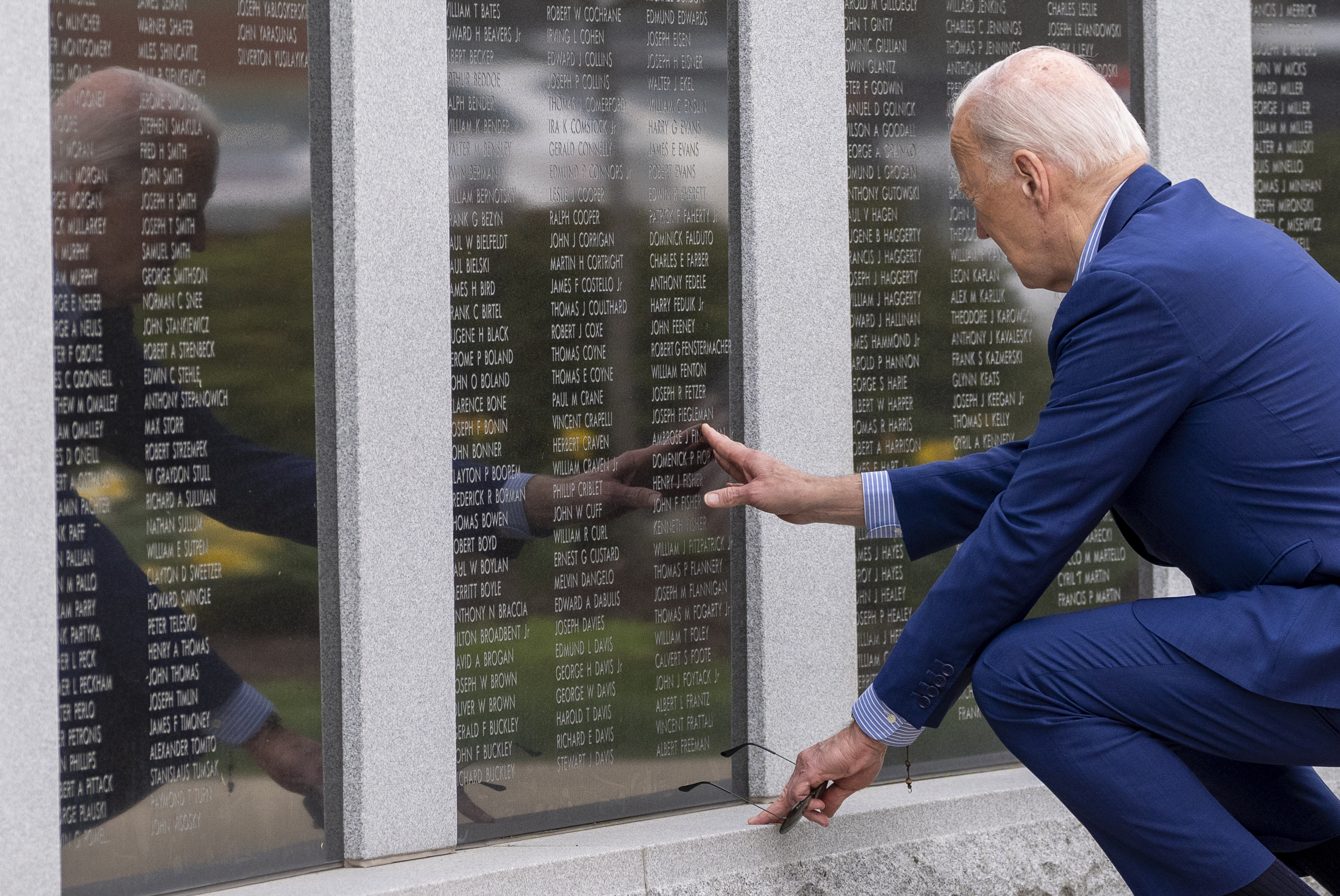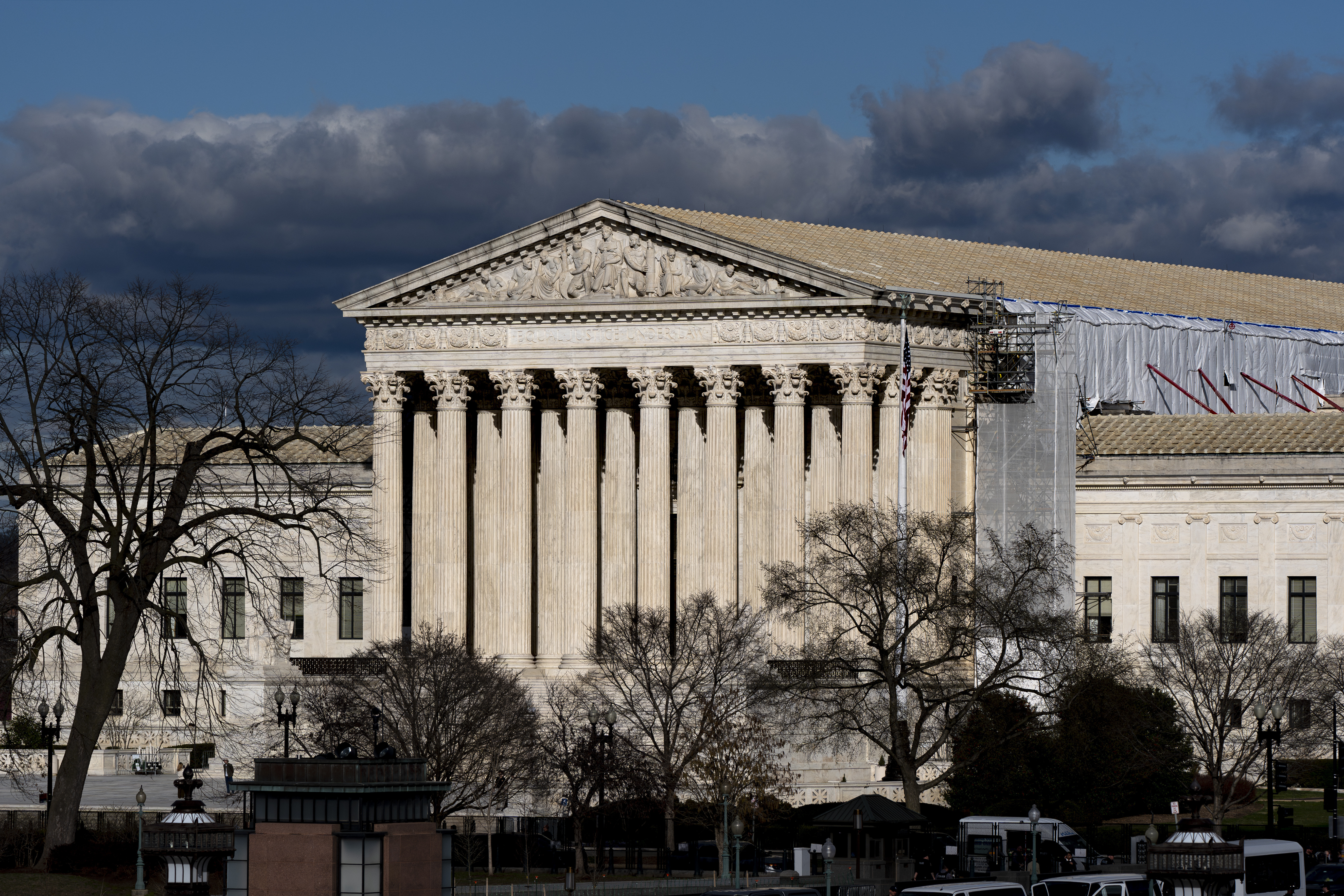The controversial appointee to chair President Barack Obama’s National Intelligence Council walked away from the job Tuesday as criticism on Capitol Hill escalated.
Charles W. Freeman Jr., the former ambassador to Saudi Arabia, had been praised by allies and by the director of national intelligence, Dennis Blair, as a brilliant, iconoclastic analyst. Critics said he was too hard on Israel and too soft on China, and blasted him for taking funding from Saudi royals.
Freeman “requested that his selection to be Chairman of the National Intelligence Council not proceed,” Blair’s office said in a statement. “Director Blair accepted Ambassador Freeman’s decision with regret.”
The withdrawal came after Sen. Joe Lieberman (D-Conn.) grilled Blair at a Senate Armed Service Committee hearing Tuesday. Lieberman cited his “concern” about “statements that [Freeman] has made that appear either to be inclined to lean against Israel or too much in favor of China.”
In particular, Freeman has described “Israeli violence against Palestinians” as a key barrier to Mideast peace, and referred to violence in Tibet last year — widely seen in the U.S. as a revolt against Chinese occupation — as a “race riot.”
His writing drew criticism of members of Congress, but Blair said the words were taken “out of context” and allies warned that Obama was allowing domestic politics to skew intelligence analysis and continuing the Bush Administration’s stance of sidelining critics of Israeli policy toward Palestinians.
“If they withdraw his appointment prior to the conclusion of [Freeman’s formal vetting] that would be seen as abject caving in on people who are extreme partisans of Israel,” Nicholas Veliotes, a former Ambassador to Egypt, and one of 17 former diplomats who signed a letters supporting Freeman, said Tuesday before the withdrawal was announced.
U.S. & World
Stories that affect your life across the U.S. and around the world.
But Rep. Mark Kirk (R-Ill.), one of Freeman's leading critics, said the appointee could have "withstood" the attacks on policy grounds, but ultimately was torpedoed by the fact that he headed an institute funded by Saudi royalty and sat on the board of a Chinese state oil company.
"The administration made yet another mistake not doing its homework before nominating someone to a senior position of unique sensitivity, and then learned from the press further and further embarrassing details," Kirk said. "He was heavily encumbered by multiple conflicts of interest involving Chinese, Saudi and other business dealings that all should have been disclosed long before."



